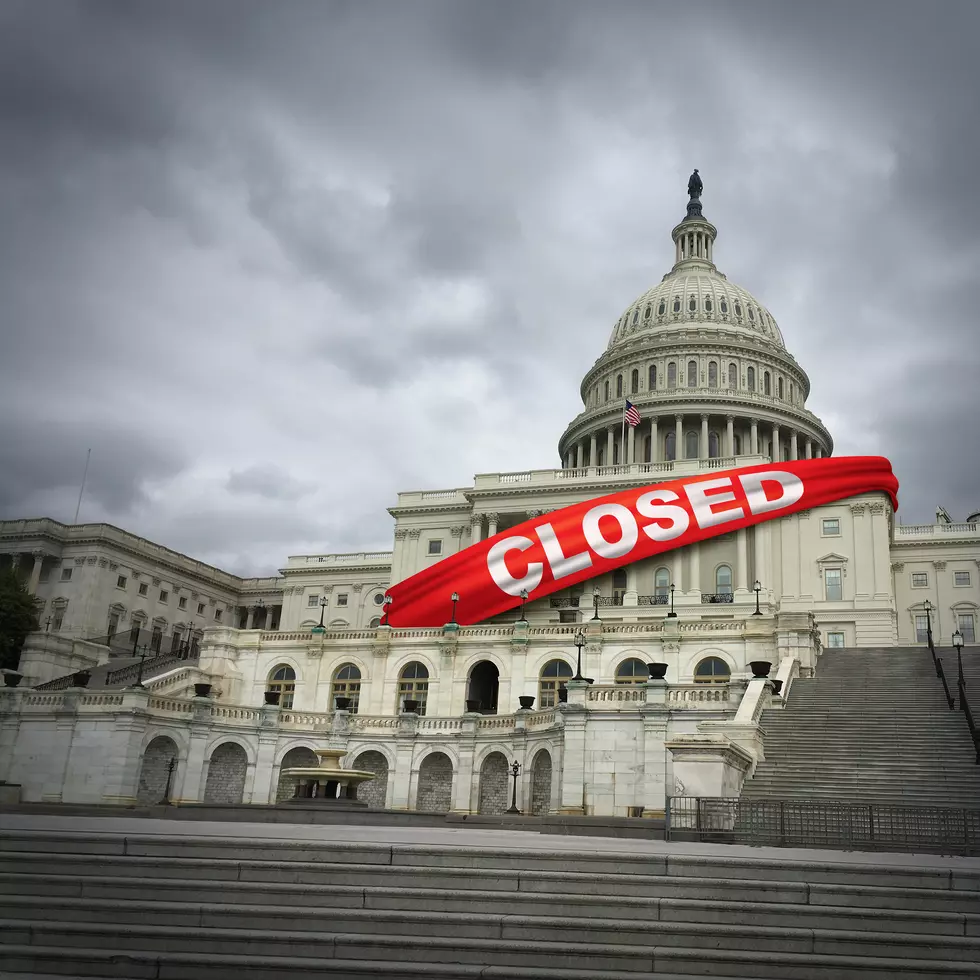
Maine State Programs Need Our Support During Gov’t Shutdown
In the midst of America's longest government shutdown by far, even programs that can usually weather short hiatuses are struggling to stretch their budgets.
In the face of a government shutdown, programs deemed "non-essential" receive little or no funding from the government and are forced to stretch their budget to bridge the gap. For some programs, that means closing their doors until the government resumes. For others, it means laying off employees and cutting important services just to keep their core program running. One such program, SNAP, provides food stamps to one in seven families in Maine who depend on them to get food on the table. Luckily, Governor Janet Mills elected to distribute February stamps early so families would be able to stretch their food budgets into next month despite the government shutdown, according to the Press Herald.
If you have a local program that you've relied on before, now would be a good time to check in on them and volunteer your time or make a donation. Communications Director Cara Courchesne of the Maine Coalition Against Sexual Assault (MECASA) described the current situation of their funding (or impending lack thereof):
Our funding won’t be affected unless the shutdown goes on for about another month. At that point, we will see cash flow problems that will significantly impact the work we do. As always, we are happy to receive donations because we rely quite a bit on government funding. People can donate to MECASA by going to mecasa.org/donate.
More From Q97.9









